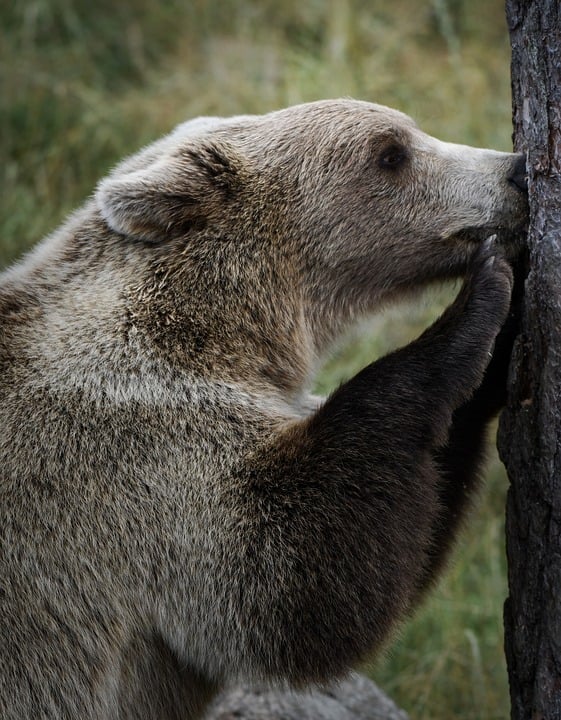In a world filled with uncertainties and challenges, it’s not uncommon for individuals to turn to magical beliefs as a source of comfort, hope, and guidance. From ancient civilizations to modern-day society, the human mind has been captivated by the allure of magic and the supernatural. But what drives these beliefs, and what psychological mechanisms are at play when we embrace the magical?
This article delves into the fascinating world of magical beliefs, shedding light on the psychology behind these phenomena. By examining historical perspectives, current research, and future trends, we aim to provide a comprehensive understanding of why magic holds such a powerful sway over the human psyche.
The Historical Context of Magical Beliefs
Belief in magic dates back to the earliest civilizations, with rituals, spells, and enchantments playing a central role in human societies across the globe. From shamans and witches to alchemists and magicians, the practice of magic has been intertwined with cultural, religious, and social beliefs throughout history.
Key points to consider:
– Magical beliefs often arise as a way to make sense of the mysteries of the natural world and the human experience.
– Different cultures have developed unique magical practices and traditions, reflecting their values, worldview, and social structures.
– The history of magic is rich and diverse, with practitioners harnessing a wide array of tools and techniques to achieve their aims.
The Current State of Magical Beliefs
In the modern world, magical beliefs continue to thrive, albeit in new forms and contexts. From astrology and tarot reading to crystal healing and manifestation techniques, individuals are exploring a range of magical practices to enhance their well-being and manifest their desires.
Key points to consider:
– The rise of social media and online platforms has facilitated the dissemination of magical beliefs to a global audience.
– Scientific research on the efficacy of magical practices has yielded mixed results, with some studies suggesting potential benefits for mental health and emotional well-being.
– Skepticism and criticism of magical beliefs remain prevalent in academic and scientific circles, highlighting the ongoing debate over the validity and significance of these phenomena.
The Psychology Behind Magical Beliefs
At the heart of magical beliefs lies a complex interplay of cognitive, emotional, and sociocultural factors. From the power of suggestion and confirmation bias to the allure of mystery and the fulfillment of wishes, various psychological mechanisms contribute to the allure of magic.
Key points to consider:
– Belief in magic can provide a sense of control and agency in uncertain situations, offering a comforting illusion of predictability and order.
– The placebo effect and self-fulfilling prophecies are common phenomena associated with magical beliefs, highlighting the influence of mindset and expectations on outcomes.
– Magical thinking, or the tendency to attribute causality to unrelated events, is a fundamental aspect of human cognition that underpins many magical beliefs and practices.
Future Predictions and Implications
As our understanding of the human mind continues to evolve, so too will our insights into the nature of magical beliefs. From advancements in neuroscience and psychology to shifts in societal attitudes and values, the future of magic holds both promise and challenges.
Key points to consider:
– Emerging technologies such as virtual reality and AI may offer new avenues for exploring and enhancing the magical experience.
– The integration of magical beliefs into mainstream therapeutic approaches could open up new possibilities for mental health and well-being.
– Ethical considerations and cultural sensitivities will play a crucial role in shaping the future of magical beliefs, ensuring that these practices are grounded in respect and understanding.
Conclusion
In conclusion, the psychology behind magical beliefs reveals a fascinating interplay of cognitive, emotional, and sociocultural factors that drive our fascination with the supernatural. From ancient rituals to modern-day practices, magic continues to captivate and inspire us, offering a glimpse into the depths of the human psyche.
As we navigate the complexities of the modern world, it’s important to recognize and appreciate the role that magical beliefs play in shaping our perceptions and experiences. By exploring the psychology behind magic, we can gain a deeper understanding of ourselves and the world around us, unlocking new possibilities for personal growth and transformation.
Thank you for embarking on this journey into the realm of magical beliefs. We hope that this article has sparked your curiosity and inspired you to delve deeper into the mysteries of the mind. For further exploration, we recommend consulting reputable sources and seeking out expert guidance on the fascinating world of magical beliefs.
